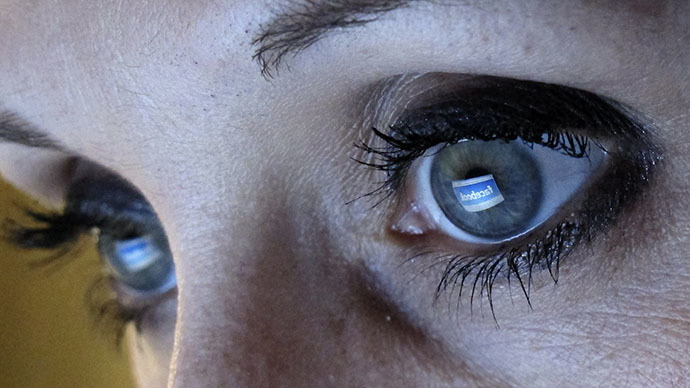Sneaky Facebook psychological experiment could cost the company £500,000

British authorities are investigating whether invasive psychological research by Facebook has broken UK data protection laws. If proven the world’s most popular social network could face a £500,000 fine.
Britain's Information Commissioner’s Office (ICO) is going to examine the experiment, to determine if any of the 24 million Britons who log onto Facebook every day have been affected.
READ MORE: Facebook mind control experiments linked to DoD research on civil unrest
An ICO spokesman said the case was too new to say which laws Facebook may have broken, but the probe will focus on the fact that users participated in the research without their knowledge or consent, the Financial Times reports.
The study intentionally flooded a user’s Facebook wall with "positive" or "negative" material and then gauged the reaction of the person, and whether it affected their choice in posting happy or sad stories to their page.
Results unsurprisingly showed that users who were exposed to positive posts were more likely to post positive updates on the social media site, whereas users who were constantly surrounded by negativity, carried a more negative tone in their news feed posts.
Facebook has publicly apologized for the secret psychological experiment, but still maintains the company acted in accordance with its data use policy.
Facebook’s director of policy in Europe, Richard Allan, said the study was conducted under “appropriate protections” and that Facebook would comply with the regulator’s inquiry.
Because Facebook is not a paid service, customers do not have a right to sue the company, but because it is such an integral part of daily life and communication for some people, a disruption could be crucial.
The study was conducted over a two-week period in January 2012 and included more than 689,000 of the network's 1 billion active users. The study may have even included minors- those under the age of 18.
The regulator will also work in tandem with the Irish data watchdog, since Facebook has its European headquarters in Dublin.














